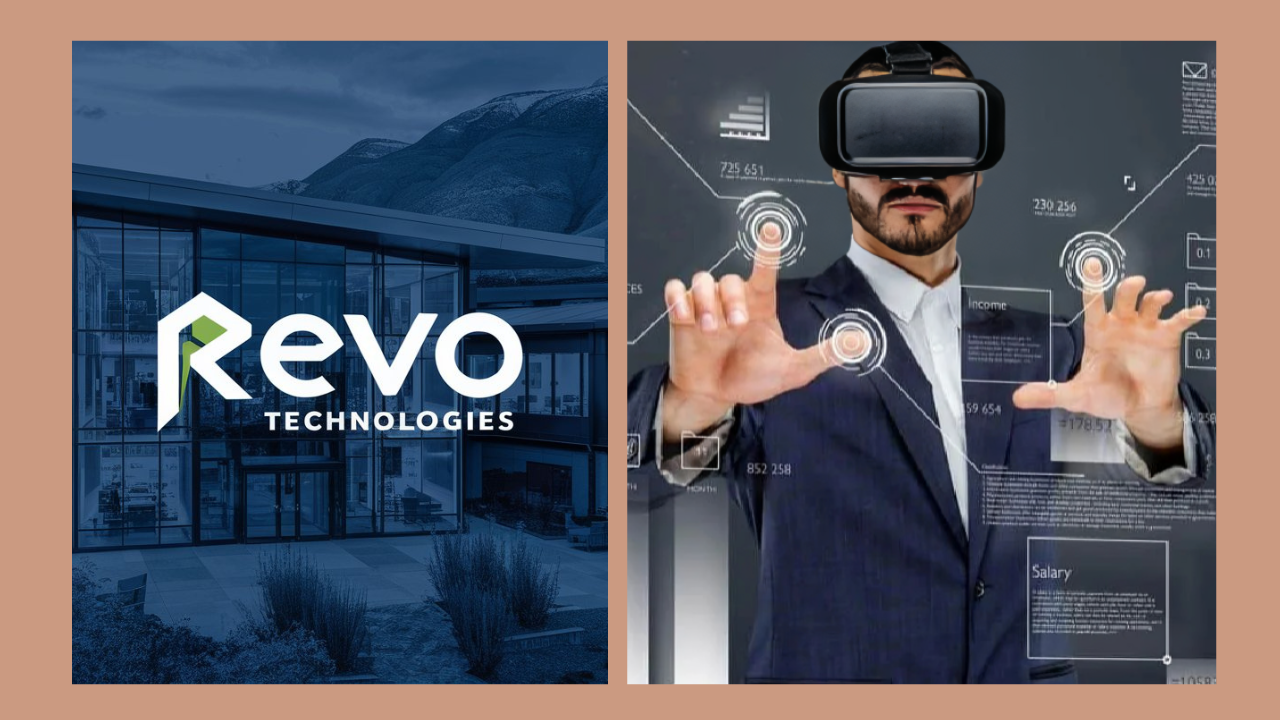Influencersginewuld: Redefining Modern Consumer Engagement
In today’s fast-paced digital world, the term “Influencersginewuld” captures the transformative impact of influencers on consumer behaviour and brand strategies. This phenomenon highlights how individuals with online authority influence purchasing decisions, shape trends, and redefine brand-consumer relationships. As businesses increasingly tap into the power of influencers, it’s crucial to understand their strategies, challenges, and the evolving landscape of influencer marketing.
The Rise of Influencersginewuld
The journey of influencer marketing began with celebrity endorsements. Traditionally, brands relied on high-profile individuals to endorse their products, leveraging fame to reach large audiences. However, with the rise of social media platforms, the influencer landscape changed dramatically. Social platforms like Instagram, YouTube, and TikTok allow everyday individuals to build substantial followings based on authentic content.
Unlike traditional celebrities, influencers connect with their audiences on a personal level. They share relatable experiences, provide genuine recommendations, and foster a sense of trust. This authenticity is a cornerstone of Influencersginewuld, making influencer marketing more effective.
Micro and nano influencers, with smaller but highly engaged audiences, have further democratized this space. Their niche focus often translates into higher engagement rates and better targeting, making them a valuable asset for brands looking to reach specific demographics.
Core Strategies of Influencersginewuld
To thrive in the competitive world of influencer marketing, influencers employ various strategies to engage their audiences and amplify their impact.
1. Authenticity and Relatability
Authenticity is the foundation of successful influencer marketing. Audiences value honest and relatable content that resonates with their lives. Influencers who share real experiences, struggles, and successes foster deeper connections. This authenticity builds trust, making followers more likely to act on their recommendations.
2. Community Engagement
Influencers interact with their audiences through comments, direct messages, and live sessions. These interactions create a sense of community, encouraging followers to feel personally connected. This engagement drives loyalty and encourages followers to share their experiences, further amplifying the influencer’s reach.
3. Data-Driven Personalization
In an era of information overload, personalization is key. Influencers use data analytics to understand audience preferences and tailor their content accordingly. This approach ensures relevance, maximizing engagement and impact. For instance, analyzing metrics such as likes, shares, and comments helps influencers refine their strategies and deliver content that resonates.
Influencersginewuld in Business and Marketing
Brands across industries recognize the value of influencers in driving consumer engagement and boosting sales.
1. Product Promotion
Influencers play a pivotal role in introducing products to their audiences. By showcasing the benefits of a product in real-life scenarios, they create a sense of desirability. For instance, a fitness influencer promoting a new workout gear line can inspire their audience to adopt healthier lifestyles while boosting brand visibility.
2. Driving Sales
Influencers frequently use affiliate marketing and exclusive discount codes to drive sales. These strategies provide measurable results and create a sense of exclusivity. Followers are more likely to make purchases when they feel they are part of an exclusive deal offered by someone they trust.
3. Enhancing Brand Visibility
Influencer collaborations significantly boost brand awareness. Influencers amplify campaigns during significant events or product launches, reaching wider audiences and generating buzz. For example, beauty influencers often partner with cosmetic brands to showcase new products, leveraging their reach to attract new customers.
Ethical Considerations in Influencersginewuld
As influencer marketing grows, so do ethical concerns surrounding its practices.
1. Transparency
Transparency is critical in maintaining trust between influencers and their audiences. Disclosing sponsored content ensures that followers are aware of paid partnerships. Failing to do so can lead to scepticism and damage the influencer’s credibility.
2. Combating Misinformation
Influencers wield significant influence, making it essential for them to share accurate information. Spreading false claims or promoting subpar products can harm their reputation and the brands they represent.
3. Regulatory Compliance
To address ethical concerns, regulatory bodies have introduced guidelines for influencer marketing. Adhering to these regulations ensures that campaigns are conducted fairly and transparently, fostering trust in the industry.
Challenges Faced by Influencers
Despite their success, influencers face numerous challenges that impact their work and well-being.
1. Trust Erosion
Over-commercialization of content can lead to audience scepticism. Followers may question the authenticity of influencers who frequently promote products, making it crucial for influencers to maintain a balance between sponsored and organic content.
2. Platform Algorithm Changes
Social media platforms frequently update their algorithms, affecting content visibility and engagement rates. Influencers must constantly adapt to these changes to maintain their reach and relevance.
3. Mental Health and Burnout
The pressure to consistently produce high-quality content can lead to burnout. Balancing personal well-being with professional demands is a growing concern for influencers, emphasizing better support systems.
The Future of Influencersginewuld
The influencer marketing landscape continues to evolve, driven by technological advancements and changing consumer preferences.
1. AI and Virtual Influencers
Artificial intelligence is giving rise to virtual influencers—computer-generated personas that interact with audiences like real influencers. While they offer exciting opportunities for innovation, they also raise questions about authenticity and human connection.
2. Long-Term Partnerships
Brands are shifting towards long-term collaborations with influencers to build stronger relationships and create consistent messaging. These partnerships foster deeper trust and deliver sustained results.
3. Focus on Micro and Nano Influencers
Micro and nano influencers are gaining prominence due to their niche expertise and highly engaged audiences. Collaborating with these influencers allows brands to achieve more targeted and authentic campaigns.
FAQs About Influencersginewuld
1. What is Influencersginewuld?
Influencersginewuld refers to the transformative impact of influencers in modern consumer engagement. It highlights how influencers shape purchasing decisions, trends, and brand-consumer relationships.
2. Why is authenticity important in influencer marketing?
Authenticity builds trust between influencers and their audiences. When influencers share genuine experiences, followers are more likely to trust their recommendations, leading to stronger engagement and better results.
3. How do influencers use data to personalize content?
Influencers analyze audience metrics such as likes, shares, and comments to understand preferences. This data-driven approach allows them to create content that resonates with their followers.
4. What are the ethical concerns in influencer marketing?
Ethical concerns include transparency in disclosing sponsorships, sharing accurate information, and adhering to regulatory guidelines. Addressing these issues is essential for maintaining trust and credibility.
5. What challenges do influencers face?
Due to the pressures of maintaining an online presence, influencers face challenges such as trust erosion, platform algorithm changes, and mental health issues.
6. What is the future of influencer marketing?
The future includes innovations such as AI-driven virtual influencers, long-term brand partnerships, and increased collaboration with micro and nano influencers for targeted campaigns.
Conclusion
Influencersginewuld represents a significant shift in how brands engage with consumers. Influencers have redefined modern marketing by leveraging authenticity, community engagement, and data-driven strategies. Addressing ethical considerations and embracing new trends will be essential for sustainable success as the industry evolves. Both brands and influencers must navigate this dynamic landscape thoughtfully to build lasting connections with their audiences.
Read More: Coomersu Impact.














Post Comment